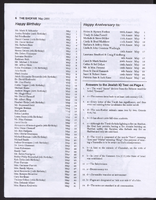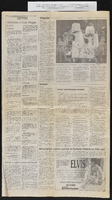Search the Special Collections and Archives Portal
Search Results

Interview with Edward Bonfoy Giller, April 19, 2006
Date
Archival Collection
Description
Text

Interview with Elsie Lavonne Lewis, November 16, 2004
Date
Archival Collection
Description
Text
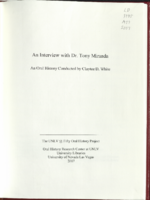
Transcript of interview with Dr. Tony Miranda by Claytee D. White, July 24, 2006
Date
Archival Collection
Description
Text
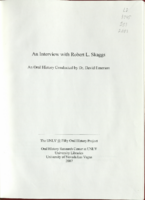
Transcript of interview with Robert L. Skaggs by Dr. David Emerson, May 06, 2006
Date
Archival Collection
Description
Text
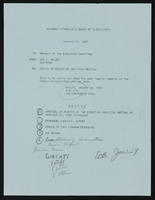
Economic Opportunity Board of Clark County (Nev.): memos, agendas, and meeting minutes
Date
Archival Collection
Description
From the Clark County Economic Opportunity Board Records -- Series I. Administrative. This folder contains memos, agendas and minutes from meetings of the Clark County Economic Opportunity Board from January 1969 through June 1969.
Text
Gary W. Royer Collection on Gaming
Identifier
Abstract
The Gary W. Royer Collection on Gaming (dating from 1950 to 2009, with the bulk of the materials dating from 1970 to 1995) contains research files, legal files, reports, and manuals about gaming written and collected by Gary W. Royer. The collection includes research and regulatory files collected by Royer while he worked at the Nevada Gaming Control Board. These files primarily document the legislation and regulation of gaming in Nevada, but include information on other states in the US and some international locations. Regulatory files include statutes, codes, regulations, revenue reports, Nevada Gaming Control Board and Nevada Gaming Commission meeting minutes, and tribal-state gaming compacts. Also included are research files about casino, racetrack, and sports betting facilities that include data on organizations, monthly revenue reports, occupancy rates, management and operational control manuals, annual reports, policy and procedure manuals, and profile sheets collected for consulting purposes in Royer’s role as President of Casino Control Corporation (CCC), a private gaming consulting firm. Also included are subject and research files, vendor advertisements, catalogs, and reports; gaming industry publications; conference materials; audit guides; and a comprehensive collection of newspaper articles that document the US gaming industry in the second half of the twentieth century.
Archival Collection
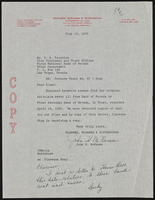
Clarence Stay, Jr. real estate documents
Date
Archival Collection
Description
Clarence Stay, Jr. real estate documents
Text
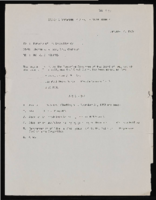
Economic Opportunity Board of Clark County (Nev.): memos, agendas, and meeting minutes
Date
Archival Collection
Description
From the Clark County Economic Opportunity Board Records -- Series I. Administrative. This folder contains memos, agendas and minutes from meetings of the Clark County Economic Opportunity Board from January 1970 through February 1970.
Text

